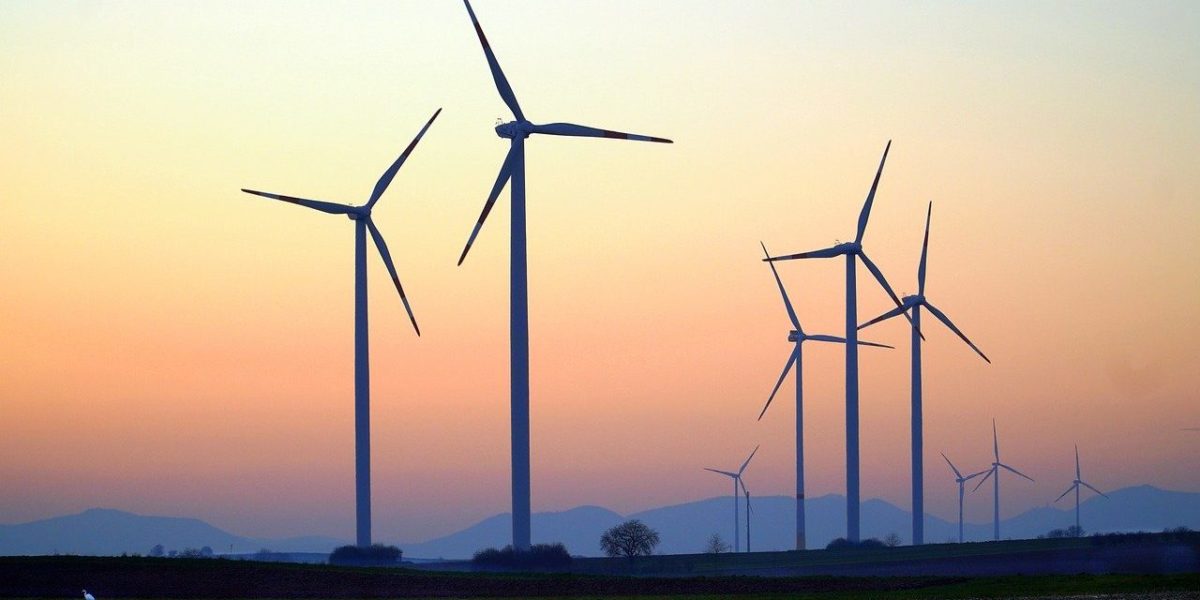From pv magazine Germany.
German wind turbine operators have reportedly been confronted with a fault in the satellite connection of their systems. Dominik Bertrams, MD of wind farm operator Tobi Windenergie Verwaltungs GmbH, yesterday announced on Twitter the remote monitoring and control of thousands of wind turbines had failed.
With the outage having occurred between 5 a.m. and 6 a.m. on Thursday – when the Russian army invaded Ukraine – Bertrams suspected a cyber attack by Russian hackers. The reason for the failure has not yet been clarified.
Collateral damage
It would appear unlikely, however, Russian hackers directly targeted German wind turbines. Commenting on the incident to the Handelsblatt business newspaper, a spokesperson for the German Wind Energy Association said the disruption was due to the failure of the KA-Sat communication satellite belonging to Viasat. An article in weekly news magazine Der Spiegel stated the US military's military communications services also run through Viasat satellites.
Those reports would suggest failure of the wind turbine control systems could be the collateral damage from a cyber attack on a primarily military target.
The KA-Sat network is also used by satellite communication service provider Euroskypark. Wind turbines in areas without mobile network coverage use satellite-supported communication for control and remote monitoring. Euroskypark could not be reached for comment.
Bertrams initially estimated around 3,000 wind turbines could be affected by the incident. The Handelsblatt article said wind park operator Enercon had reported 5,800 of its turbines, with a total power output of 11 GW, used Euroskypark's communication channels.
German new energy industry body the Bundesverband Neue Energiewirtschaft told pv magazine, however, not many turbines had been affected by the problem and that most systems could fall back on other communications channels. The association said it had no knowledge of photovoltaic systems that might have been affected by the incident.
If communication breaks down, solar and wind plants automatically switch to a kind of “autopilot” operation.
Germany's Federal Office for Information Security updated its assessment of the cyber threat situation on Friday and activated the national IT crisis response center. Federal administrations, operators of critical infrastructure, organizations and companies have been advised “to increase vigilance and readiness to react.”
This content is protected by copyright and may not be reused. If you want to cooperate with us and would like to reuse some of our content, please contact: editors@pv-magazine.com.




24 comments
By submitting this form you agree to pv magazine using your data for the purposes of publishing your comment.
Your personal data will only be disclosed or otherwise transmitted to third parties for the purposes of spam filtering or if this is necessary for technical maintenance of the website. Any other transfer to third parties will not take place unless this is justified on the basis of applicable data protection regulations or if pv magazine is legally obliged to do so.
You may revoke this consent at any time with effect for the future, in which case your personal data will be deleted immediately. Otherwise, your data will be deleted if pv magazine has processed your request or the purpose of data storage is fulfilled.
Further information on data privacy can be found in our Data Protection Policy.